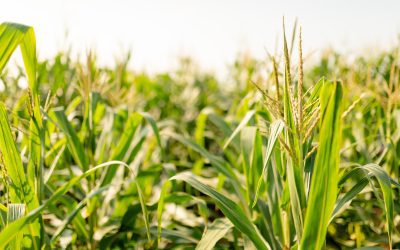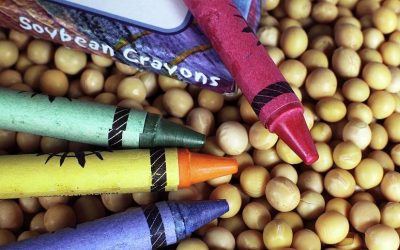Biotechnology will be a key player in the 2023 Farm Bill final draft
Posted: November 2, 2022
Category:
Indiana Corn and Soybean Post - Fall 2022, ISA, News
Agriculture remains intricately connected to technology and innovation, especially as we look to our farmers and ranchers to meet increasing demand during times of crippling unpredictability. As geopolitical tensions abroad disrupt supply chains and heighten the threat of food insecurity both at home and abroad, policymakers must ensure access to agricultural technologies is readily available and not excessively regulated.
Regardless of their socioeconomic status, Americans should not be threatened by food insecurity, especially those Americans living in such an agriculturally rich and fertile state. Unfortunately, there are more than 726,000 Hoosiers facing hunger with 225,750 of them being children. Further, of the households utilizing the Supplemental Nutrition Assistance Program (SNAP), 46.3 percent of these households include children.

These should not be the statistics associated with the United States nor Indiana.
In the coming months, the House Agriculture Committee will finalize the 2023 Farm Bill, which directs agricultural policy for the next five years. In addition to domestic programs like Supplemental Nutrition Assistance Program (SNAP), the next farm bill must prioritize the research, funding and implementation of the biotechnologies needed to help Americans meet nutrition standards, address food insecurity and eliminate hunger.
By using well understood techniques like CRISPR- CAS9 to enhance plants and animal genetics alongside industrial biotech practices, farmers will be able to go on the offensive and better operate in the wake of many unpredictable variables, albeit weather, input costs or demand. CRISPR-CAS9 edits genes by precisely cutting DNA and then letting the natural DNA repair processes to take over. CRISPR/Cas9 has revolutionized biomedical research and may soon enable medical breakthroughs in a way few biological innovations have before.

Advanced research and scientific techniques will diminish reliance on sparse and sporadically regulated pesticides, increase crop yields without the relying on fertilizer manufacturers, reduce the threat associated with of droughts or flooding, and bring the promise of price stabilization, especially during a time of record inflation. All of these mentioned results will greatly benefit Americans as they gather around a bountiful and affordable spread at the kitchen table.
Biotechnology represents the future of agriculture. As research and development leads to the subsequent production and distribution of these technologies, the agricultural sector will be poised to readily assimilate these best practices and allow downstream consumers to reap the benefits.
I look forward to working with my colleagues on the Agriculture Committee to support American farmers and ranchers and address the many other challenges that contribute to food insecurity and malnutrition.
Rep. Jim Baird represents the 4th Congressional District of Indiana in the U.S. House of Representatives. He serves on the House Agriculture Committee and is currently the Ranking Member on the Subcommittee on Biotechnology, Horticulture and Research. Rep. Baird is a farmer, PhD animal scientist, and previously served as a County Commissioner and member of the Indiana General Assembly.



